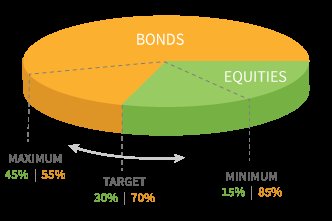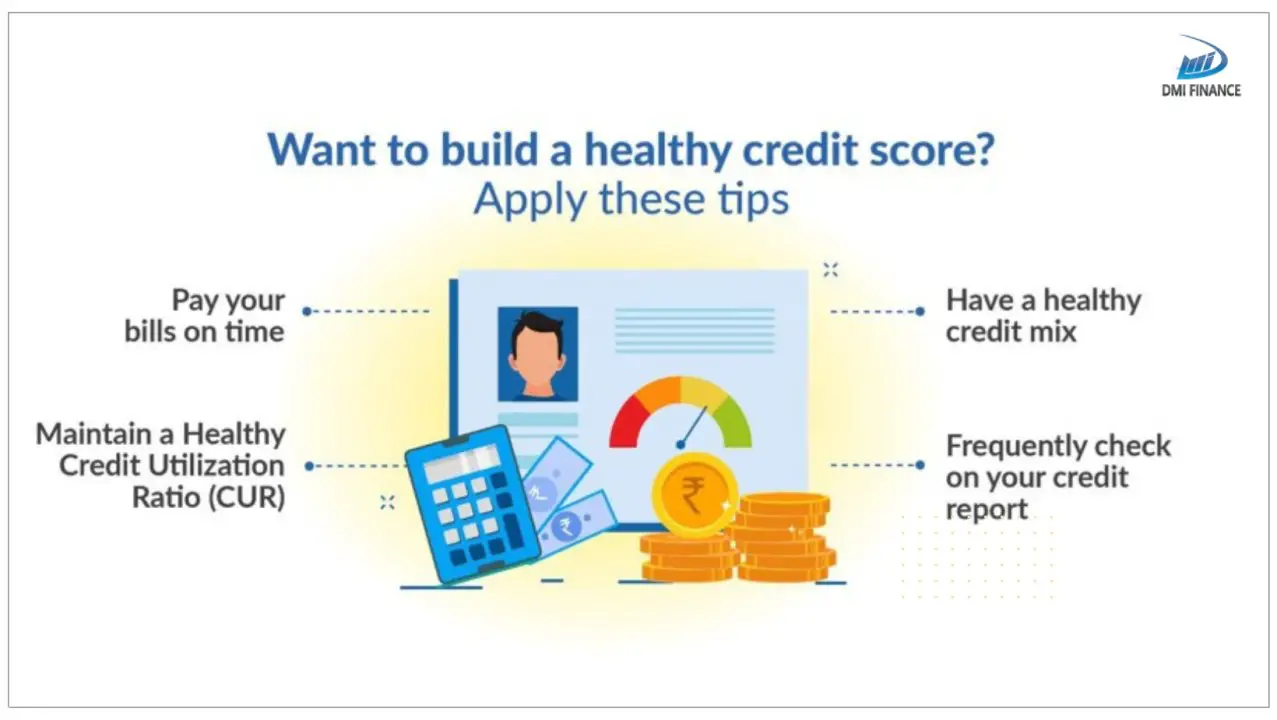Tax planning can be a daunting task for freelancers, but fear not! We’re here to provide you with some invaluable tips to make the process a whole lot smoother. As a freelancer, understanding the ins and outs of tax planning is essential for managing your finances effectively. From maximizing deductions to organizing your records, we’ve got you covered. So, if you’re ready to take control of your taxes and optimize your financial situation, keep reading for our expert advice on navigating the world of tax planning for freelancers.
Tips for Tax Planning for Freelancers
As a freelancer, managing your taxes can be a daunting task. Unlike traditional employees who have their taxes automatically deducted from their paychecks, freelancers are responsible for handling their own taxes. This means you need to have a solid tax plan in place to ensure you’re not caught off guard when tax season rolls around. In this article, we will explore some essential tips to help freelancers with tax planning and ensure they stay in compliance with their tax obligations.
1. Understand Your Tax Obligations
Before diving into tax planning strategies, it’s crucial to have a clear understanding of your tax obligations as a freelancer. Here are a few key aspects to consider:
- Determine your filing status: Are you a sole proprietor, a single-member LLC, or operating as a corporation?
- Identify your tax rates: Freelancers are subject to both federal and state income taxes, and your tax rates may vary based on your income level.
- Self-employment tax: As a freelancer, you’re responsible for paying both the employer and employee portions of Social Security and Medicare taxes, known as self-employment tax.
- Estimated tax payments: Unlike traditional employees who have taxes withheld from their paychecks, freelancers must make quarterly estimated tax payments to cover their tax liability throughout the year.
2. Keep Accurate Records
Maintaining accurate and organized financial records is crucial for tax planning. Being able to track your income, expenses, and deductions will make tax preparation much more manageable. Here are some record-keeping tips for freelancers:
- Separate business and personal finances: Open a separate business bank account and make sure to keep business and personal expenses separate to maintain clear records.
- Track income: Keep a record of all your freelance income, including invoices, payment receipts, and any other documentation that confirms the money you’ve earned.
- Track expenses: Deductible business expenses can help reduce your tax liability. Keep track of receipts and invoices for expenses such as office supplies, equipment, software subscriptions, and professional services.
- Document mileage: If you use your vehicle for business purposes, keep a mileage log to support your mileage deduction.
3. Consult with a Tax Professional
Tax laws and regulations can be complex, and as a freelancer, it’s essential to seek professional advice to ensure you’re maximizing your tax benefits while remaining compliant. A tax professional can guide you through the process and offer personalized advice tailored to your specific situation. They can help you with:
- Identifying eligible deductions: A tax professional can help you identify deductions you may not be aware of, such as home office expenses, travel expenses, and health insurance premiums.
- Structuring your business: Depending on your circumstances, a tax professional can advise on whether it’s beneficial to operate as a sole proprietor, form an LLC, or establish a corporation.
- Handling tax planning and estimated tax payments: A tax professional can help you create a tax plan, estimate your quarterly tax payments, and ensure you’re on track throughout the year.
4. Take Advantage of Deductions
One of the significant advantages of being a freelancer is the ability to deduct certain expenses related to your business. Deductions can help reduce your taxable income and lower your overall tax liability. Here are some common deductions freelancers may be eligible to claim:
- Home office expenses: If you have a dedicated space in your home used exclusively for your business, you may qualify for a home office deduction. This can include a portion of your rent or mortgage interest, utilities, internet expenses, etc.
- Business-related travel expenses: If you travel for business purposes, you can deduct expenses such as airfare, lodging, meals, and transportation.
- Professional development: Expenses related to professional development, such as courses, conferences, books, or online subscriptions, may be deductible.
- Health insurance premiums: Freelancers who pay for their health insurance may be eligible to deduct these premiums.
- Retirement contributions: As a freelancer, you have several retirement plan options available, such as a Simplified Employee Pension (SEP) IRA or a solo 401(k). Contributions to these plans are typically tax-deductible.
5. Plan for Tax Payments
Freelancers are responsible for making quarterly estimated tax payments to ensure they are meeting their tax obligations throughout the year. Here are some strategies to help you plan for these payments:
- Calculate your estimated tax liability: Use your income, deductions, and tax rates to estimate your quarterly tax payments. This will help you avoid any surprises and allow you to budget accordingly.
- Set aside a portion of your income: As soon as you receive payments for your freelance work, set aside a portion of it specifically for taxes. This will prevent you from spending money that should be allocated for your tax payments.
- Automate your payments: Consider setting up automatic transfers from your business account to a separate savings account designated for tax payments. This ensures you won’t forget to make your quarterly payments.
6. Stay Informed about Tax Law Changes
Tax laws and regulations are subject to change, and it’s essential for freelancers to stay informed about any updates that may impact their tax planning strategies. Consider the following to stay up-to-date:
- Subscribe to reliable tax resources: Follow reputable tax publications, websites, or blogs that provide regular updates on tax laws.
- Consult with a tax professional: As mentioned earlier, a tax professional can help you navigate any new tax laws or regulations that may impact your freelance business.
- Continuing education: Stay engaged in learning about tax laws through webinars, seminars, or courses to ensure you have the knowledge necessary to make informed tax planning decisions.
By following these tax planning tips, freelancers can take control of their finances and ensure they are meeting their tax obligations efficiently. Remember, staying organized, seeking professional guidance, and taking advantage of available deductions will help you optimize your tax planning strategies. With a solid tax plan in place, you can focus on growing your freelance business and achieving your financial goals.
Freelance Taxes: How to Pay Freelance Taxes//Self Employment Tax Tips for Freelancers
Frequently Asked Questions
Frequently Asked Questions (FAQs)
What are some important tips for tax planning for freelancers?
Freelancers often face unique challenges when it comes to taxes. Here are some important tips for tax planning:
1. How should freelancers keep track of their income and expenses?
Freelancers should maintain thorough records of their income and expenses. This can be done by using accounting software, spreadsheets, or even a simple ledger system. It is important to keep track of all receipts, invoices, and financial transactions.
2. Can freelancers deduct expenses related to their home office?
Yes, freelancers who use a part of their home exclusively for business purposes can deduct certain expenses. These can include rent, utilities, home insurance, and even a portion of property taxes. However, it is important to meet the IRS criteria for a home office deduction.
3. Do freelancers need to make estimated tax payments?
Freelancers are typically required to make estimated tax payments since they do not have taxes withheld from their income. It is recommended to make quarterly estimated tax payments to avoid underpayment penalties.
4. Is it important for freelancers to separate business and personal expenses?
Yes, it is crucial for freelancers to keep their business and personal expenses separate. Maintaining separate bank accounts and credit cards for business transactions can simplify tax preparation and help in tracking deductible expenses.
5. Are there any tax deductions specifically available for freelancers?
Yes, freelancers can take advantage of various tax deductions specific to their profession. These can include expenses related to professional development, industry-specific equipment, marketing expenses, and even health insurance premiums.
6. Should freelancers consider forming a business entity?
Forming a business entity, such as a Limited Liability Company (LLC), can offer freelancers certain benefits, including liability protection and potential tax advantages. However, the decision to form a business entity should be based on individual circumstances and professional advice.
7. What are the tax implications of hiring subcontractors as a freelancer?
When hiring subcontractors, freelancers should be aware of the tax obligations involved. Freelancers may be required to issue Form 1099 to subcontractors if the payments made to them exceed a certain threshold. It is essential to understand the tax rules related to subcontractor payments.
8. Should freelancers consider hiring a professional tax preparer?
While it is possible for freelancers to handle their own taxes, hiring a professional tax preparer can provide valuable expertise and help maximize deductions. A tax professional can ensure compliance with tax laws, identify applicable deductions, and assist in overall tax planning for freelancers.
Final Thoughts
In conclusion, effective tax planning is crucial for freelancers to ensure financial stability and compliance with tax regulations. Here are some key tips to consider: First, maintain accurate records of income and expenses, separating personal and business expenses. Second, take advantage of available tax deductions and credits, such as home office expenses and self-employment tax deductions. Third, consider setting up a retirement plan to save on taxes and secure your future. Finally, consult with a tax professional specializing in freelance taxes to maximize your tax savings. With these tips for tax planning for freelancers, you can navigate the complexities of taxes and optimize your financial situation.



